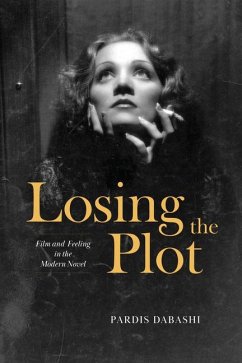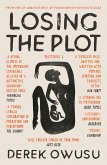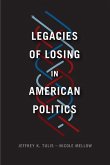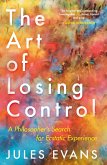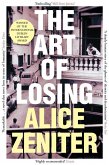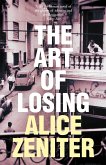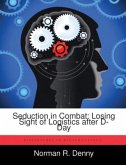"It is widely understood that the modernist novel sought to escape what Virginia Woolf called the "tyranny" of plot. Yet even as twentieth-century writers pushed against the constraints of Victorian, plot-driven novels, Pardis Dabashi shows that plot kept its hold on them through the influence of another medium: the cinema. Focusing on the novels of Nella Larsen, Djuna Barnes, and William Faulkner-writers known for their moviegoing affinities and connections to early film-Dabashi uses the relationship between literature and the cinema to reveal a profound longing for plot in modernist fiction. Dabashi links the moviegoing practices of Larsen, Barnes, and Faulkner to the tensions in their works, tensions between the formal properties of the novels and the characters in them. In making a distinction between what the novel is doing and what their characters desire, these authors ponder how it is one thing to withhold plot as a gesture of modernist aesthetics, and quite another to be denied the comfort of plot's architecture in one's living and breathing existence"--
Bitte wählen Sie Ihr Anliegen aus.
Rechnungen
Retourenschein anfordern
Bestellstatus
Storno

